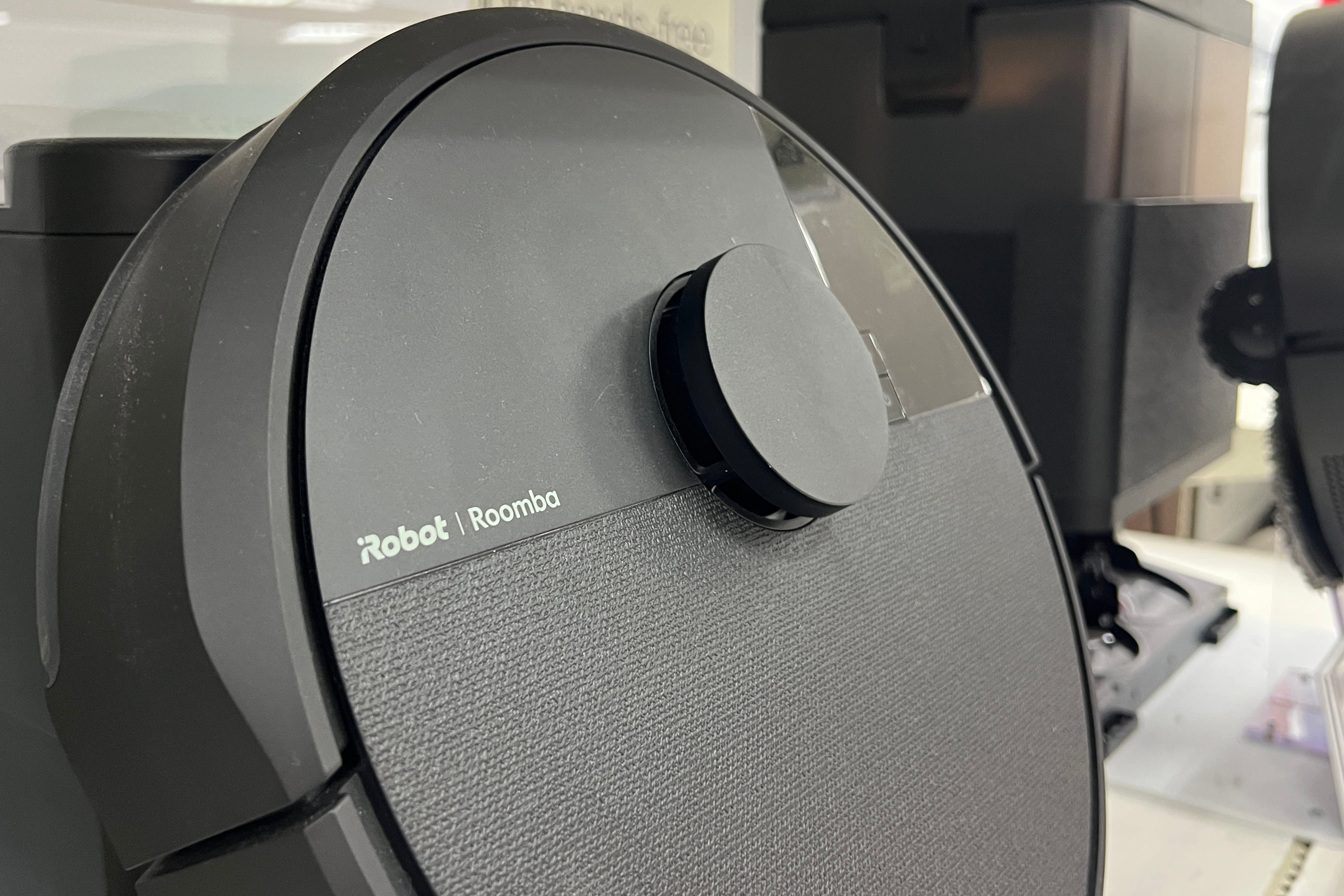Dublin financier Paul Coulson may have stepped down in November as executive chairman of Ardagh Group, the international glass and metal containers giant he has built over the past 25 years. But the 71-year-old made it clear to group creditors before handing over the reins to Herman Troskie, a South African lawyer, that he will remain “heavily involved”, as an effective 36 per cent shareholder and continuing board member, in big decisions and debt refinancings.
The Cooler, as he has been known to friends since his college days, has good reason. With the empire propped up by $11.7 billion (€10.7 billion) of debt and some large repayments due in the coming years, the biggest Irish player in the US junk bond market – where investors seek higher-than-normal interest yields from borrowers with low credit ratings – can’t afford to take his eye off the ball now.
Two leading debt ratings agencies, Standard & Poor’s and Fitch, moved late last year to downgrade their views on the creditworthiness of Ardagh deeper into non-investment grade territory, amid concerns about the group’s earnings outlook and rising debt refinancing risks following a raft of central bank rate hikes to rein in inflation.
Ardagh, which traces its roots to the long-since closed glass bottle factory in Dublin’s Ringsend, has $700 million of bonds falling due in April next year, with the equivalent of a further $2.6 billion maturing in August 2026. Coulson will be expected to seek to refinance the debt well in advance of maturity. The junk bond markets remain far from inviting.
READ MORE
A Bank of America index that tracks market interest rates, or yields, on a pool of US junk bonds peaked at 9.3 per cent last October, after the Federal Reserve increased official rates from close to zero to 5.25-5.5 per cent over 16 months to last July.
While the yield index subsequently fell back to 7.3 per cent by the end of last year, as investors speculated that the Fed would soon start cutting borrowing costs at pace to ward off a recession, a hotter-than-expected US consumer prices report out on Thursday has added to more recent fears that it remains too early to declare victory over inflation. The high-yield index currently stands at 7.7 per cent.
Headline US consumer prices increased at an annual pace of 3.4 per cent in December, according to the Bureau of Labor Statistics, up from 3.1 per cent in the previous month, and exceeding economists’ expectations of about 3.2 per cent. The Fed’s target is a rate of 2 per cent.
The prospect of higher-for-longer interest rates also adds to the risks of a downturn in the world’s largest economy – further affecting demand for beverages and bottled food.
Ardagh lowered its earnings before interest, tax, deprecation and amortisation (ebitda) forecasts for both its glass containers and New York-listed beverage cans units in October, amid subdued consumer confidence and as drinks and food companies cut back orders to run down packaging stockpiles.
A slump in demand for Bud Light last year – after its owner Anheuser-Busch InBev’s use of transgender TikToker Dylan Mulvaney to promote the then top-selling US beer prompted a boycott of the brand – led Ardagh to accelerate a planned closure of two bottle plants, in North Carolina and Louisiana.
It has also become increasingly clear in the last year that a large Ardagh investment plan – initially unveiled in late 2020 with an estimated cost of $1.8 billion, before being subsequently bumped up to $2.1 billion months later – was premised to a degree on temporary trends such as pandemic-era drinking at home and a fad around sparkling canned alcoholic drinks, or hard seltzers. Most of the investment was earmarked for Ardagh’s beverage cans business.
[ Ardagh chairman Paul Coulson to step downOpens in new window ]
Barclays analysts this week pinpointed a peak in market enthusiasm for drink can makers to around the time Ardagh floated its cans division, Ardagh Metal Packaging (AMP), in New York in August 2021 by reversing it into a listed cash shell, or blank cheque, company. The aggressive pitch to stock investors at the time was that AMP’s ebitda would double over four years to more than $1.1 billion this year. Barclays reckons it won’t even reach $700 million in 2024.
The wider Ardagh Group has so far spent $1.5 billion of the investment pot. It’s now highly unlikely that the fully budgeted amount will be used up.
Leading ratings agencies, meanwhile, have cautioned debt investors to be mindful that the company, which has been spending more cash than it has been making since it started its investment drive in 2021, is now unlikely to be generating free cash flow until 2025.
Can Coulson get a refinancing off the ground without selling assets too? That would be difficult, according to some followers of the company. The group’s 42 per cent stake in Trivium Packaging, a food and speciality metal cans joint venture with Ontario Teachers’ Pension Plan Board, is an obvious candidate. Placing more shares in AMP, in which Ardagh retains a 76 per cent stake, on the market may be trickier, however, given that it would have to be at a huge discount to the price at which it floated.
Meanwhile, the Cooler remains on Fed watch – knowing he has had few peers in the past decade when it comes to pouncing at the right time on openings in the market to flog low-rated bonds.
- Sign up for Business push alerts and have the best news, analysis and comment delivered directly to your phone
- Find The Irish Times on WhatsApp and stay up to date
- Our Inside Business podcast is published weekly – Find the latest episode here















